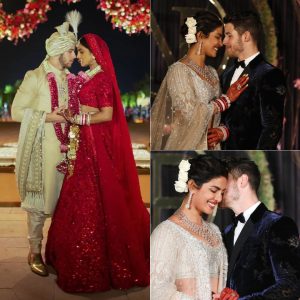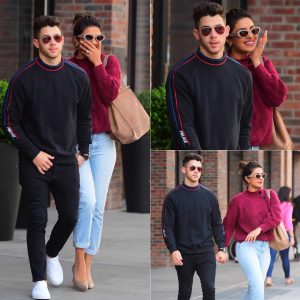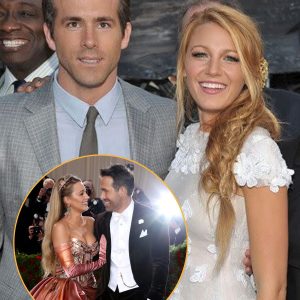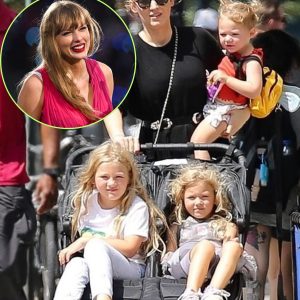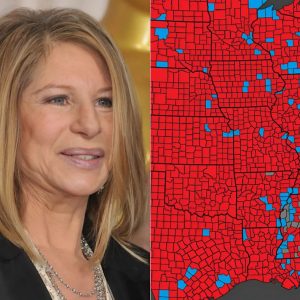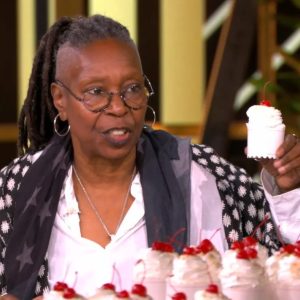In the ever-evolving landscape of television, few shows have managed to break boundaries and provoke thought as effectively as The Boys. The series, known for its dark humor and sharp social commentary, introduced audiences to a range of characters in its fourth season, including the controversial figure of Firecracker, played by Valorie Curry. What makes Curry’s portrayal particularly fascinating is the stark contrast between her real-life identity and the extremist views of her character.

Valorie Curry: A Champion of LGBTQIA+ Rights
Valorie Curry is an actress who has made a name for herself through her diverse roles and compelling performances. In 2019, she publicly identified as pan𝓈ℯ𝓍ual, a decision that resonated with many in the LGBTQIA+ community. However, she later clarified her identity as a lesbian, embracing a label that more accurately reflects her experiences and attractions. This openness about her 𝓈ℯ𝓍uality is significant, especially in an industry where representation and visibility continue to be vital issues.
Curry’s active engagement with her identity and advocacy for LGBTQIA+ rights adds depth to her work. By sharing her journey and being true to herself, she has become a role model for many, showcasing the importance of authenticity in both personal and professional realms.

The Firecracker Character: A Dissonance
In stark contrast to Curry’s real-life beliefs and identity, her character Firecracker in The Boys embodies a range of extremist views. Firecracker is portrayed as a devout Catholic with right-wing political leanings, making her an anti-LGBTQIA+ figure within the show’s narrative. This duality presents an intriguing opportunity for Curry to explore the complexities of human beliefs and the often hypocritical nature of societal attitudes.
Firecracker’s character is not just a caricature of a right-wing extremist; she represents a broader commentary on the real-world implications of such ideologies. In a society where intolerance and bigotry can manifest in various forms, Curry’s portrayal allows for a critical examination of these issues, particularly the impact on marginalized communities.
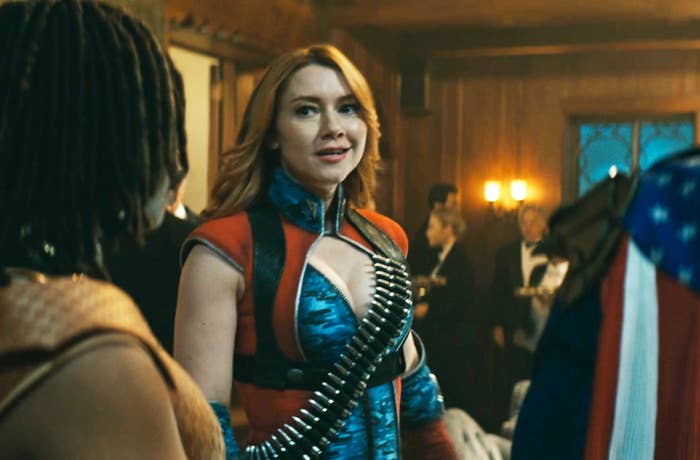
Embracing the Role
Despite the character’s stark opposition to her values, Curry expressed genuine enjoyment in playing Firecracker. In interviews, she noted that the role provided her with a unique platform to address and mock the very groups that espouse anti-LGBTQIA+ sentiments in real life. This ability to critique and satirize such ideologies speaks to Curry’s talent as an actress and her understanding of the power of storytelling.
By stepping into the shoes of a character that embodies hateful attitudes, Curry subverts expectations and uses her platform to highlight the absurdity of such beliefs. She emphasizes that while the character may hold extremist views, the portrayal serves as a critique rather than an endorsement. This distinction is crucial in understanding the layers of performance and the role of art in social commentary.

The Impact of Representation
Curry’s portrayal of Firecracker raises important questions about representation in media. Characters like Firecracker, while often depicted as villains, can serve as crucial vehicles for exploring societal issues. By presenting extreme viewpoints through a fictional lens, The Boys encourages viewers to reflect on their own beliefs and the implications of intolerance.
Moreover, Curry’s dual identity as an LGBTQIA+ advocate and an actress portraying an anti-LGBTQIA+ character highlights the complexities of representation. It underscores the notion that actors can embody roles that challenge their personal beliefs, ultimately using their performances to foster dialogue and understanding.
The Role of Satire in Activism
Curry’s enjoyment in portraying Firecracker can also be understood within the context of satire as a form of activism. By exaggerating the traits and beliefs of her character, she engages in a form of critique that can provoke thought and encourage audiences to question the ideologies being presented. This approach allows for a humorous yet poignant exploration of serious issues, making them more accessible to viewers who may not engage with them otherwise.
In her interviews, Curry has articulated how the absurdity of her character’s beliefs can serve as a reflection of real-world extremism. By highlighting the contradictions and flaws in such ideologies, she invites audiences to engage in critical thinking and self-reflection.
Conclusion: A Complex Tapestry
Valorie Curry’s portrayal of Firecracker in The Boys serves as a powerful reminder of the complexities of identity, representation, and the role of art in society. While her character embodies values that stand in stark contrast to her own, Curry’s ability to navigate this dissonance showcases her talent and commitment to storytelling.
By embracing her role, Curry not only critiques anti-LGBTQIA+ attitudes but also sparks important conversations about acceptance, tolerance, and the power of representation in media. Her journey as an actress and advocate continues to inspire many, reminding us that even in the face of adversity, art can serve as a catalyst for change and understanding.
As we continue to navigate the intricate landscape of identity and belief, Curry’s work in The Boys stands as a testament to the importance of challenging narratives and embracing the rich tapestry of human experience.



